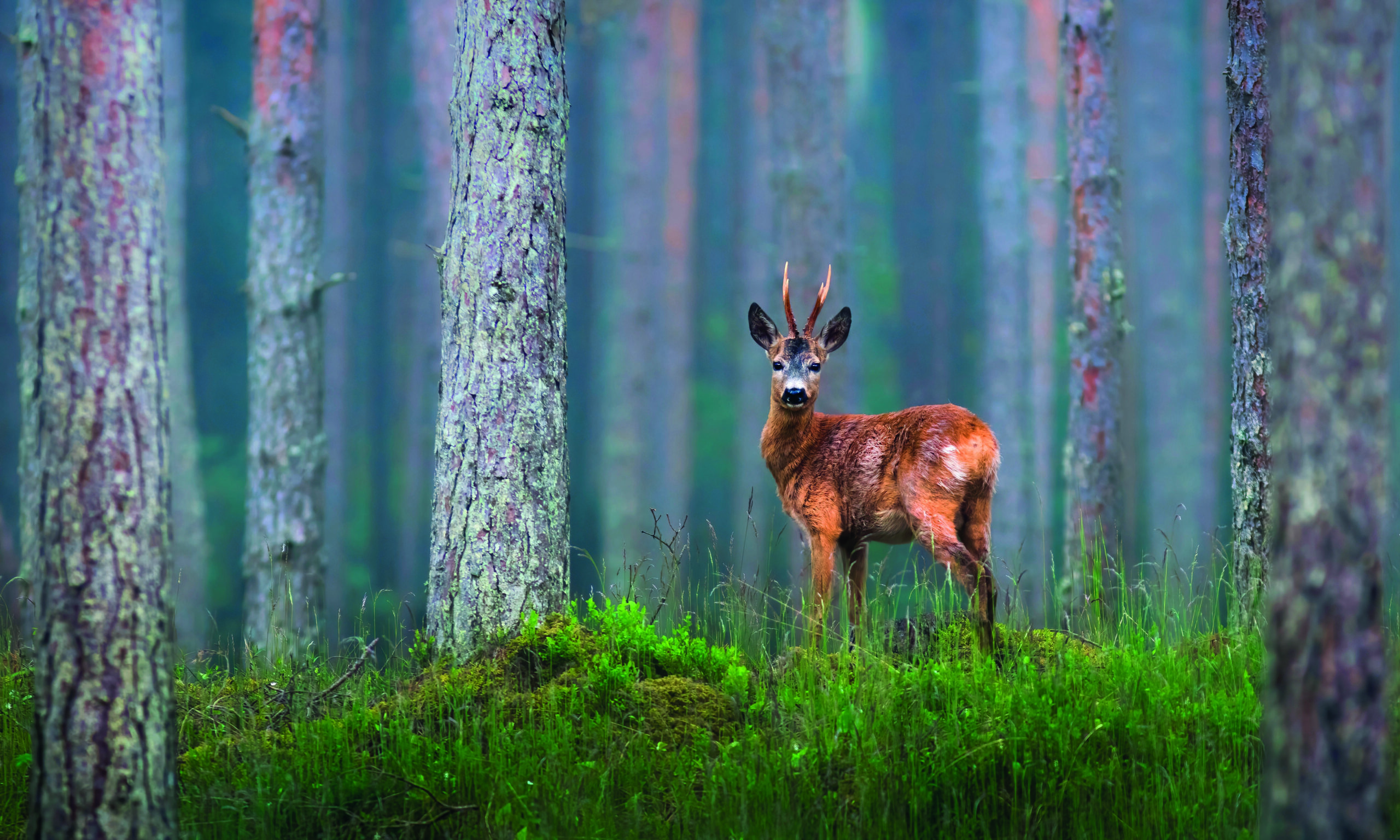Warnings over future ‘silent forests’ in Britain
An ecosystem collapse, leading to forests devoid of life, could be a real possibility within a generation if action is not taken now.

British forests face an ecosystem collapse within the next 50 years, according to a panel of British experts. Native woodland plays a crucial role for most shoots across the UK, despite it being one of the least forested countries in Europe.
The large-scale loss of forests hit by wind, fire, pests and disease has already happened in continental Europe and North America, leading to ‘silent forests’ devoid of life. The experts said Britain’s woodlands face many challenges, including climate change, biodiversity loss, invasive species, damage from deer and grey squirrels and an increase in pests and pathogens, but that we can avert catastrophe if we act now. Solutions include planting forests made up of a range of different species that are better for wildlife and more resilient to pressures such as flood, drought and disease.
Gamekeeper and former chair of the National Gamekeepers’ Association Liam Bell told ST: “I’m sure it hasn’t escaped the notice of the experts that woodland that has been planted for shooting, and amenity and commercial woodland managed for shooting, is more diverse and more adaptable to change than areas of woodland that are not.
“The control of grey squirrels and the management of deer are an important part of this; a point acknowledged by Forestry England and the bodies responsible for the overall management of woodland in the devolved governments.”
Professional stalker Chris Dalton told ST: “We need to redress many of the issues caused to our flora and fauna by our overpopulation of the planet. Not least of this is in our forests, where effective deer management is an essential part of caring for our existing woodlands and is vital when replanting or creating new forests. New planting schemes should all include a mix of native trees, open areas and glades to encourage this biodiversity. However, deer also have a part to play in maintaining the health of these forests and so our deer management must also leave room for them and be sustainable and ethical.”
Dr Eleanor Tew of Forestry England and Cambridge University said collapsed forests would be “heartbreaking” but added that we have time to make our forests more resilient, “so they can continue to thrive for future generations”.








